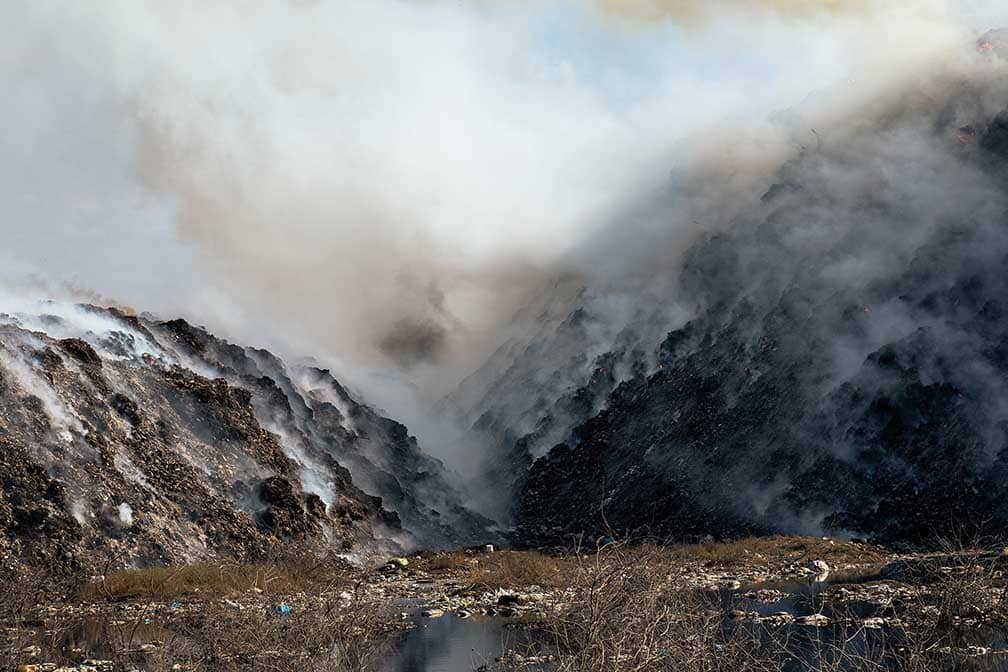
Table Of Contents
With the PACT Act being all over the news lately, you may be wondering whether you qualify for compensation or coverage due to exposure to burn pits during your service. If you have served in a place where burn pits were used, you have a presumption of exposure. If you are experiencing an illness related to that exposure, or a toxic exposure presumptive condition, you may be entitled to coverage.
Places Served With a Presumption of Burn Pit Exposure
If you served in these places after August 2nd 1990,
- Bahrain
- Iraq
- Kuwait
- Oman
- Qatar
- Saudi Arabia
- Somalia
- The United Arab Emirates (UAE)
- Or the airspace above any of the above
or if you served in these places after September 11th, 2001,
- Afghanistan
- Djibouti
- Egypt
- Jordan
- Lebanon
- Syria
- Uzbekistan
- Yemen
you have a presumption of exposure. If you come down with the following list of illnesses, those illnesses are presumed a result of your service and your treatment can be covered under the PACT Act. If you did serve in these areas, consider signing up for the Airborne Hazards and Open Burn Pits Registry (AHOBPR) to take a health questionnaire and receive a free evaluation. Signing up is not the same as filing a claim, but it will help the VA continue to research the issue and find how best to care for toxic exposure related conditions.
Toxic Exposure Related Conditions
- Brain cancer
- Gastrointestinal cancer of any type
- Glioblastoma
- Head cancer of any type
- Kidney cancer
- Lymphatic cancer of any type
- Lymphoma of any type
- Melanoma
- Neck cancer
- Pancreatic cancer
- Reproductive cancer of any type
- Respiratory (breathing-related) cancer of any type
- Asthma that was diagnosed after service
- Chronic bronchitis
- Chronic obstructive pulmonary disease (COPD)
- Chronic rhinitis
- Chronic sinusitis
- Constrictive bronchiolitis or obliterative bronchiolitis
- Emphysema
- Granulomatous disease
- Interstitial lung disease (ILD)
- Pleuritis
- Pulmonary fibrosis
- Sarcoidosis
If you meet these requirements you are entitled to healthcare within ten years of your most recent discharge or separation, but you should apply for VA healthcare and file a disability claim no matter your separation date. At Veterans Help Group we have 15 years of disability experience and we’re here to help you navigate the changes the PACT Act will bring to get you the compensation and coverage you deserve. Contact us today!

VA Disability Benefits and Tax Exemptions: What You Should Know
VA Disability Benefits and Tax Exemptions: What You Should Know Written by: Schuyler Swanton,...

Veterans Help Group In The Community
Veterans Help Group in the Community Written by: Bobbi Boudi, Director of Community Outreach, Amy...

The Veterans Appeals Efficiency Act of 2025
The Veterans Appeals Efficiency Act of 2025 Several bills are currently pending in Congress that...





